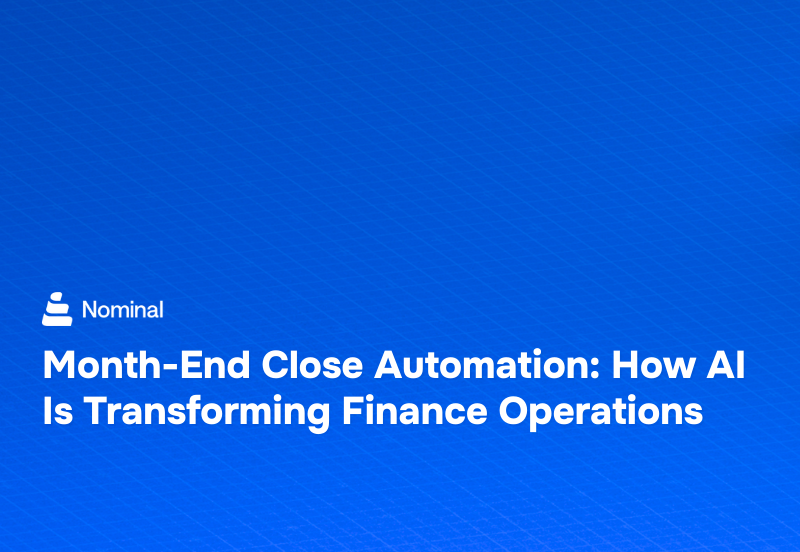
What is Agentic AI—and How Is It Different?
Agentic AI refers to systems with independent decision-making and learning capabilities. These agents go beyond responding to commands—they plan, take multi-step actions, and improve with each interaction.

In essence, Agentic AI operates like an autonomous financial analyst—it takes initiative, learns from outcomes, and adapts to your systems and workflows.
Why Agentic AI Matters Now
Finance is ripe for disruption. 84% of finance executives say their teams are overwhelmed by routine tasks (Deloitte). Manual work creates bottlenecks, introduces risk, and limits strategic thinking.
Agentic AI changes that:
- Efficiency: Reduce close cycles by up to 50%
- Accuracy: Catch errors in real time
- Speed: Get reports and insights instantly
- Scalability: Automate without adding headcount
Unlike traditional tools that require extensive setup and manual oversight, AI agents act on their own, adapting to your workflows and continuously learning from feedback.
How It Works: Agentic AI in Action
Agentic AI systems mimic how a human would operate—but at speed and scale that no team can match.
Perceive: Agents pull data from ERPs, spreadsheets, invoices, APIs, and documents to form a complete picture of your workflows.
Analyze & Decide: Using ML, NLP, and reasoning, agents determine what action to take. For example, flagging a suspicious transaction or matching a journal entry.
Act Autonomously: They then execute those actions without waiting for manual approval: updating entries, sending alerts, or kicking off workflows.
Learn & Improve: Each action feeds a feedback loop. The agent improves over time, getting smarter and more efficient with every task it completes.
Real-World Use Cases
Agentic AI is already delivering tangible results across industries—and finance is one of the most impactful areas. Here are a few examples:
- Reconciliations: Agents automatically match and clear transactions.
- Close Acceleration: Automate journal entries, consolidations, and flux analysis.
- Fraud Detection: Identify anomalies in real time, reducing fraud by up to 40% (McKinsey).
- Payroll & Accruals: Process monthly cycles without manual effort.
- GL Classification: Automatically categorize transactions based on business logic.
Why Nominal?
At Nominal, we’ve built Agentic AI designed specifically for finance and accounting. Our AI agents:
- Integrate directly into your ERP and finance tools
- Learn your unique business rules and workflows
- Execute tasks like reconciliations, accruals, intercompany eliminations, and more
- Use natural language to communicate, explain actions, and evolve with your processes
Nominal is built for finance teams who want to move fast without sacrificing compliance, accuracy, or confidence.
The Bottom Line
Agentic AI is no longer futuristic—it’s operational. Finance teams using it are:
- Closing faster
- Reducing manual work
- Operating with greater insight
- Scaling without growing headcount
Don’t wait to see what your competitors are doing. The sooner you adopt Agentic AI, the sooner you can redirect your team’s time toward strategic growth.



